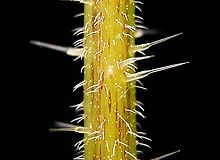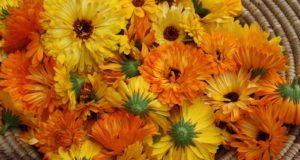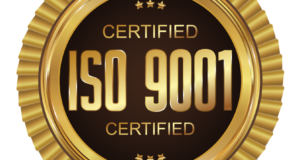
The National Institutes of Health has a site that is devoted to alternative medicine. You can find well-done studies on treating ADHD with herbs at this site. It is called the National Center for Complimentary and Alternative Medicine (NCCAM). At this site they list the herbs and supplements that may help ADHD.
Ginkgo shows promise as an herb to treat ADD. Gingko has been found helpful in treating the brain circulation problems, which may be part of the problem in ADHD. Dr. Daniel Amen claims that circulatory abnormalities in the brain are at the root of problems in people with ADHD symptoms. This herb helps ADHD, according to researchers, by correcting brain blood flow. In France ginkgo is used to treat problems with concentration memory and confusion in disease entities where they brain’s circulatory system is compromised. A study done this January found that ADHD patients treated with gingko improved in terms of both inattention and hyperactivity. Gingko is often combined with Ginseng to treat ADHD and this ADHD herbal treatment may be superior to Gingko alone.
Ginseng is one of the oldest; most used, and most well respected herbs in traditional Chinese medicine. It is considered an ‘adaptogen’ which means it supports the body and makes it stronger and resistant to damage when the body may be affected by environmental or other conditions that may be harmful. A study performed in 2001 found that 200 mg of American ginseng combined with a 50 mg of ginkgo improved the symptoms of ADHD. Ginseng for ADHD is available in extract and tea form as is Gingko.
Two other herbal ADHD remedies are flax seed and coffee/tea. Caffeine is an adenosine receptor antagonist that âEUR¨improves the symptoms of ADHD by optimizing brain neurotransmitter function. The optimum dose of caffeine for the treatment of ADHD is 200 mg.
Flax seed is rich in Omega-3 fatty acids. Studies have found that people with ADHD are deficient in Omega-3 fatty acids and that supplementing with Omega-3 helps the symptoms of ADHD. Flax seed is available at all health food stores as either whole seeds that can be used in baking or blended into smoothies or as an oil that can be used the same way or made into a salad dressing.
In England the National Institute for Health and Clinical Excellence (NICE) recommends that stimulants not be used in very young children or in patients with symptoms of ADHD that are not severe. These herbal treatments for ADHD are safe, inexpensive, and readily available and are worth a try if the ADHD symptoms are not severe or if the patient treated is young.
There are several other herbs that are sold with the claims that the herb helps ADHD but that in fact, according to extensive research, have not been found to help at all.

Source by Tess Messer
 Vitamin Agent The Health & Naturalistic Source
Vitamin Agent The Health & Naturalistic Source





